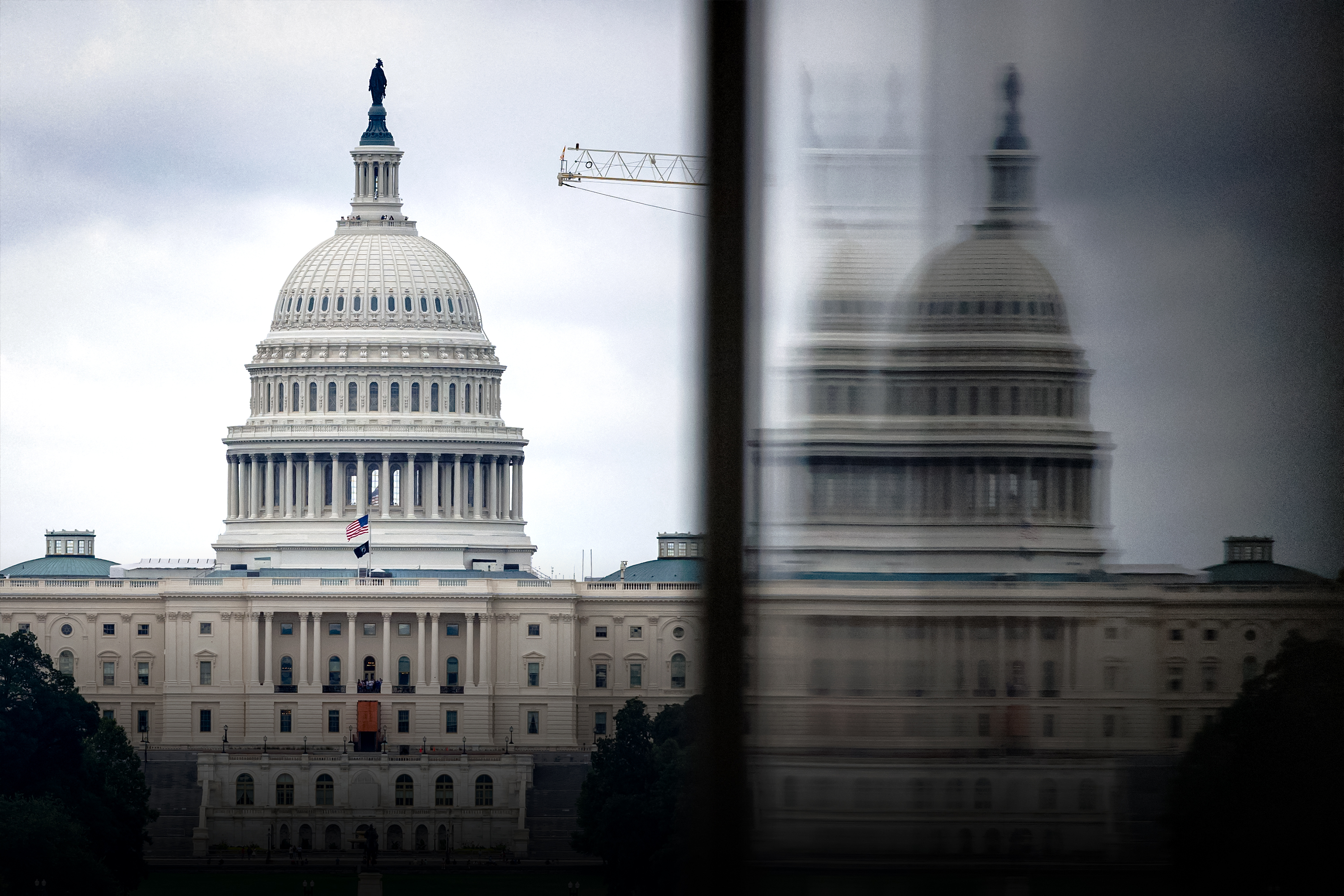WASHINGTON—As the Senate adjourned for its summer recess, members of Congress were divided on a plan to fund the federal government beyond Sept. 30 to avoid a shutdown.
Both chambers of Congress must pass appropriations bills to fund the federal government after Sept. 30, when the 2025 fiscal year begins. Since March 23, when Congress completed the process for 2024 nearly six months late, the appropriations committees of the Senate and House of Representatives have separately drafted 12 spending bills funding different parts of the federal government—none of which has been passed by both chambers.










